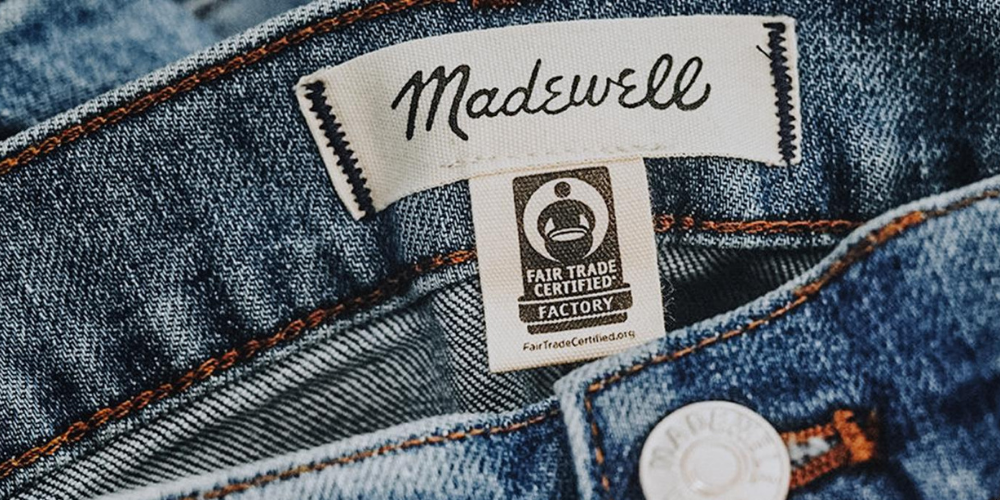Five Reasons Why Fair Trade Fashion Matters

When it comes to fair trade, customers often think of coffee, chocolate, and bananas - not clothing. Clothing is a multi-trillion dollar global industry with vast networks of complex supply chains. In the United States, clothing consumption has doubled over the past 15 years. We wear each piece less often and dispose of them more quickly. But the fair trade system effectively addresses the apparel industry’s pressing concerns and shortcomings.
Here are five ways fair trade fashion makes a positive impact:
- Fair trade prioritizes people. Fair trade ensures that the factory workers who make clothing are treated with dignity and respect. The fair trade system interrupts the cycle of forced or child labor - Fair Trade Certified factories have solid commitments against these practices. Gender representation and equity is prioritized, protecting women from sexual harassment and discrimination in the workplace. These factories are also required to implement documented safety measures for employee’s physical and mental health.
- Fair trade is wholistic. As a system, fair trade acts as a comprehensive framework focused on social, economic, and environmental responsibility. The connections between these areas are recognized and brands and factories don’t have to choose one priority over another. Movement forward in every area is required and supported.
- The fair trade economic model works. In the fair trade model, brands pay a premium above the purchase price of goods. This premium is allocated into a specific fund for the workers to disperse in ways they determine are needed. During the height of the COVID-19 pandemic, for example, fair trade committees were able to disperse these funds to keep workers safe and fed even as production paused. This economic model empowers workers’ collective decision making and self-determination.
- Fair trade creates supply chain transparency and traceability. The opaqueness of the apparel production process is well-known and one of the industry’s most pressing problems. Convoluted supply chains create more opportunities for wage-theft, unsafe working conditions, and erasure of workers’ rights. Fair Trade certified factories and brands ensure that the people who are making the clothing work in safe conditions, are paid fairly, and treated with respect. It promotes accountability and allows companies to back up their responsibility claims with verifiable data.
- Leading the way in environmental responsibility. Fair trade brands and factories are leading the way in environmental responsibility, from sourcing to materials innovations to end-of-life solutions. Fair Trade certified partner Madewell partnered with ThredUp to launch Madewell Forever, a resale platform dedicated to extending the life of their clothing and keeping clothing out of landfills for as long as possible. Brands like prAna and Pact use environmentally responsible fibers like hemp and organic cotton in their products, and factories like Vertical Knits incorporate state-of-the-art sustainability standards around carbon reduction, energy use, and reclaiming waste into their processes.
Fair trade clothing is not only possible - it’s needed. It materially matters. By supporting fair trade fashion, we expand a model that encourages social, economic, and environmental responsibility and a fairer world for everyone.
